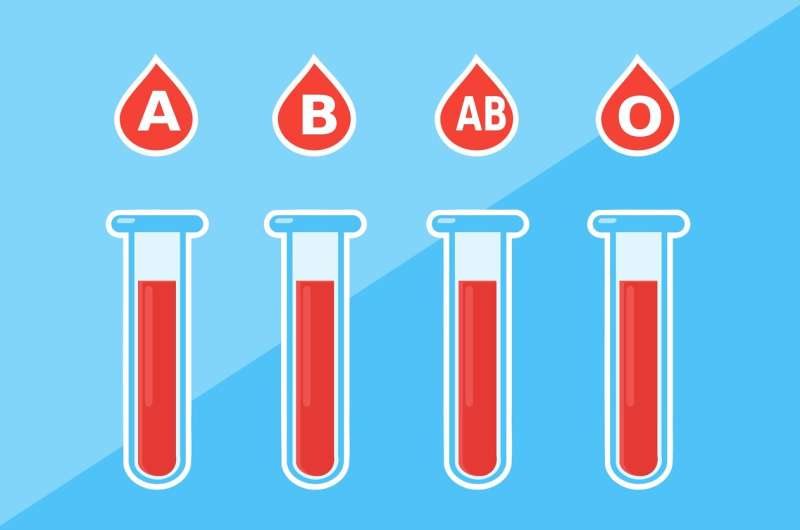Innovative Approach Targets Non-Cancerous Cells to Combat Ovarian Cancer Resistance

Recent research reveals that targeting non-cancerous cells within ovarian tumors, specifically through NNMT inhibition, can overcome resistance and boost immunotherapy success. A promising new approach for treating ovarian cancer.
A groundbreaking study published in Nature by researchers from the University of Chicago has unveiled a novel strategy to address the persistent challenge of ovarian cancer treatment resistance. The team focused on the role of non-cancerous cells within the tumor microenvironment, particularly cancer-associated fibroblasts (CAFs), which are known to support tumor growth and suppress immune responses. Unlike the cancer cells themselves, CAFs do not mutate, making them a more stable and potentially more targetable component.
The researchers identified that the enzyme nicotinamide N-methyl transferase (NNMT), highly expressed in CAFs, plays a pivotal role in transforming normal fibroblasts into tumor-promoting cells. NNMT promotes immune evasion by secreting complement proteins that facilitate the conversion of monocytes into myeloid-derived suppressor cells (MDSCs), which inhibit T cell activity and aid tumor progression. Building on previous findings, the team developed a potent NNMT inhibitor that effectively halted this process.
In preclinical models, this NNMT inhibitor not only reduced tumor burden but also restored immune function. Remarkably, when combined with immune checkpoint inhibitors, the treatment successfully stopped tumor growth, highlighting a promising combination therapy. This approach emphasizes the importance of targeting the tumor microenvironment, specifically non-cancerous cells, to overcome therapy resistance in ovarian cancer.
Overall, this research suggests that inhibiting NNMT in CAFs offers a new avenue to enhance immunotherapy efficacy and improve outcomes for patients with this aggressive cancer. The findings advocate for further clinical studies to explore NNMT inhibitors as a part of integrated treatment strategies. For more details, source: https://medicalxpress.com/news/2025-07-cancerous-cells-ovarian-cancer-resistance.html.
Stay Updated with Mia's Feed
Get the latest health & wellness insights delivered straight to your inbox.
Related Articles
Study Finds 'Magic Mushroom' Edibles Contain No Psilocybin but Other Active Ingredients
A recent study reveals that 'magic mushroom' edibles sold commercially lack psilocybin but contain undisclosed active ingredients, highlighting potential health risks and regulatory challenges.
Revolutionary Enzyme Technique Brings Us Closer to Universal Donor Organs for Transplantation
Innovative enzyme-based technology at the University of British Columbia has achieved a significant milestone in bringing universal donor kidneys closer to reality, potentially revolutionizing organ transplantation and saving lives.
Lithium's Potential Role in Slowing Cognitive Decline in Alzheimer’s Disease: Insights from Mouse Studies
Emerging research suggests that natural lithium levels in the brain may play a crucial role in protecting against Alzheimer's disease. Animal studies highlight lithium's potential to prevent protein buildup and preserve cognitive function, opening new possibilities for prevention and treatment.
Can Minnesota Address the Burnout Crisis Among Physicians in Time?
Minnesota faces a growing crisis of physician burnout, leading to early retirements and workforce shortages. Efforts are underway to support doctors' mental health and improve working conditions to retain medical professionals amid rising demand from an aging population.



